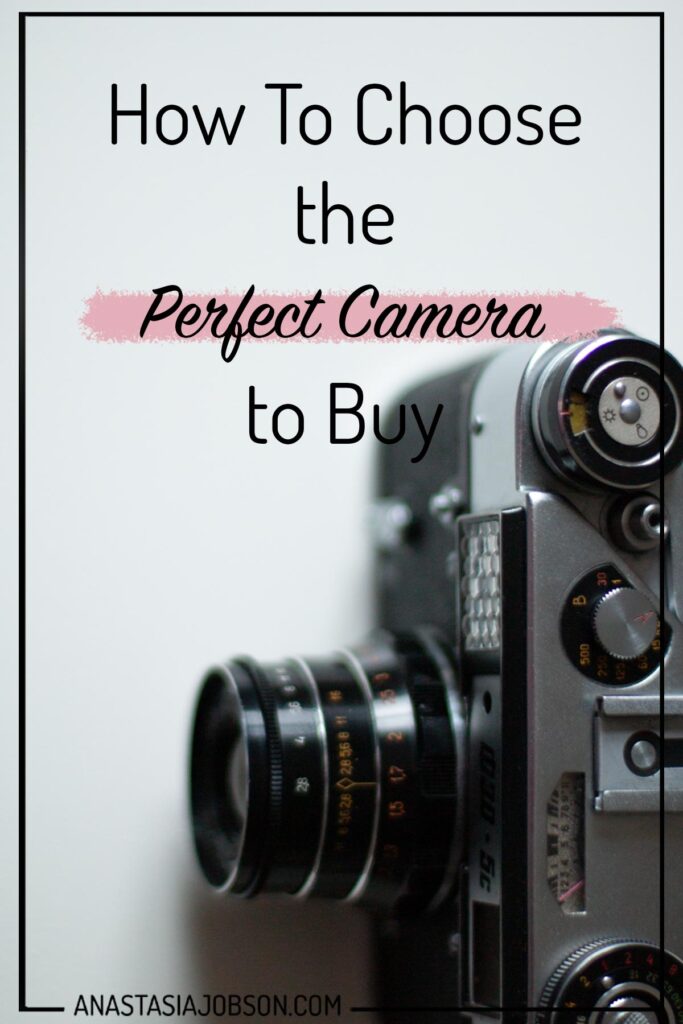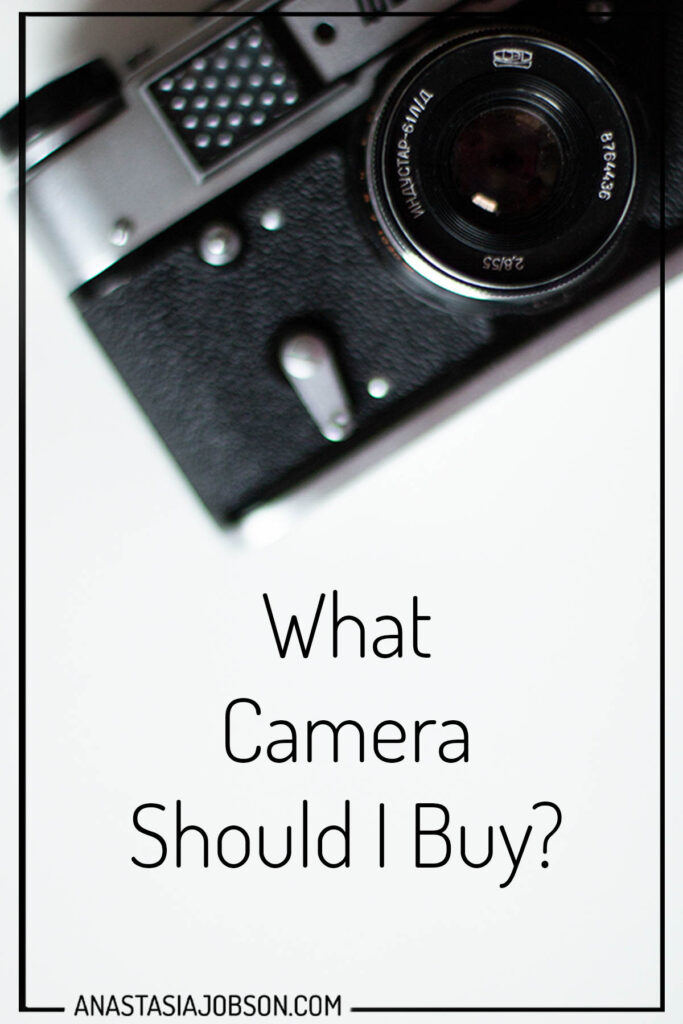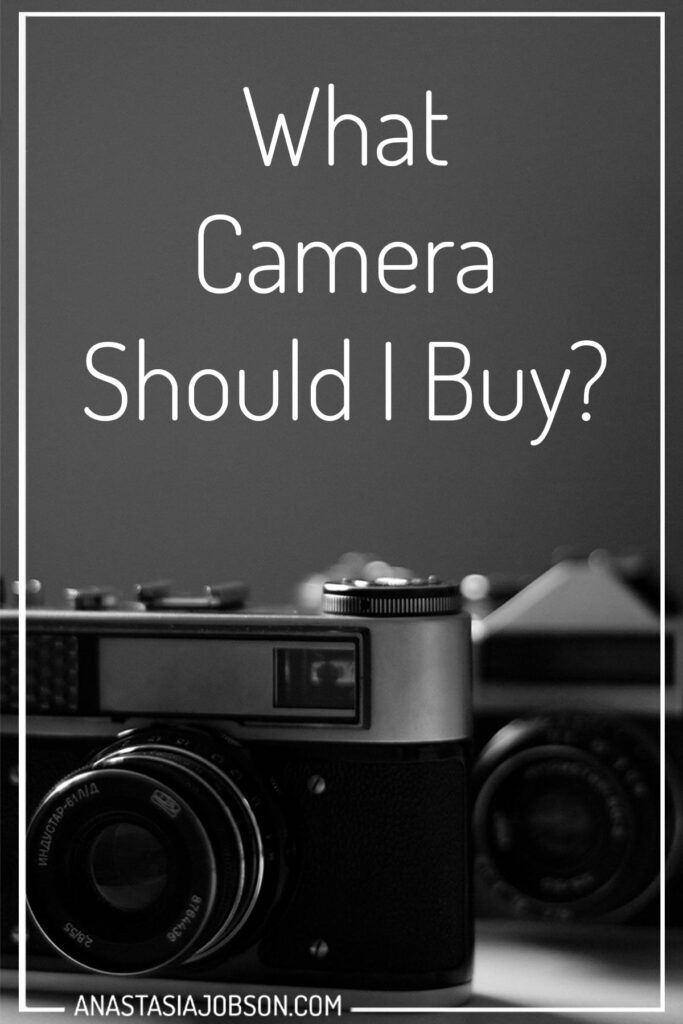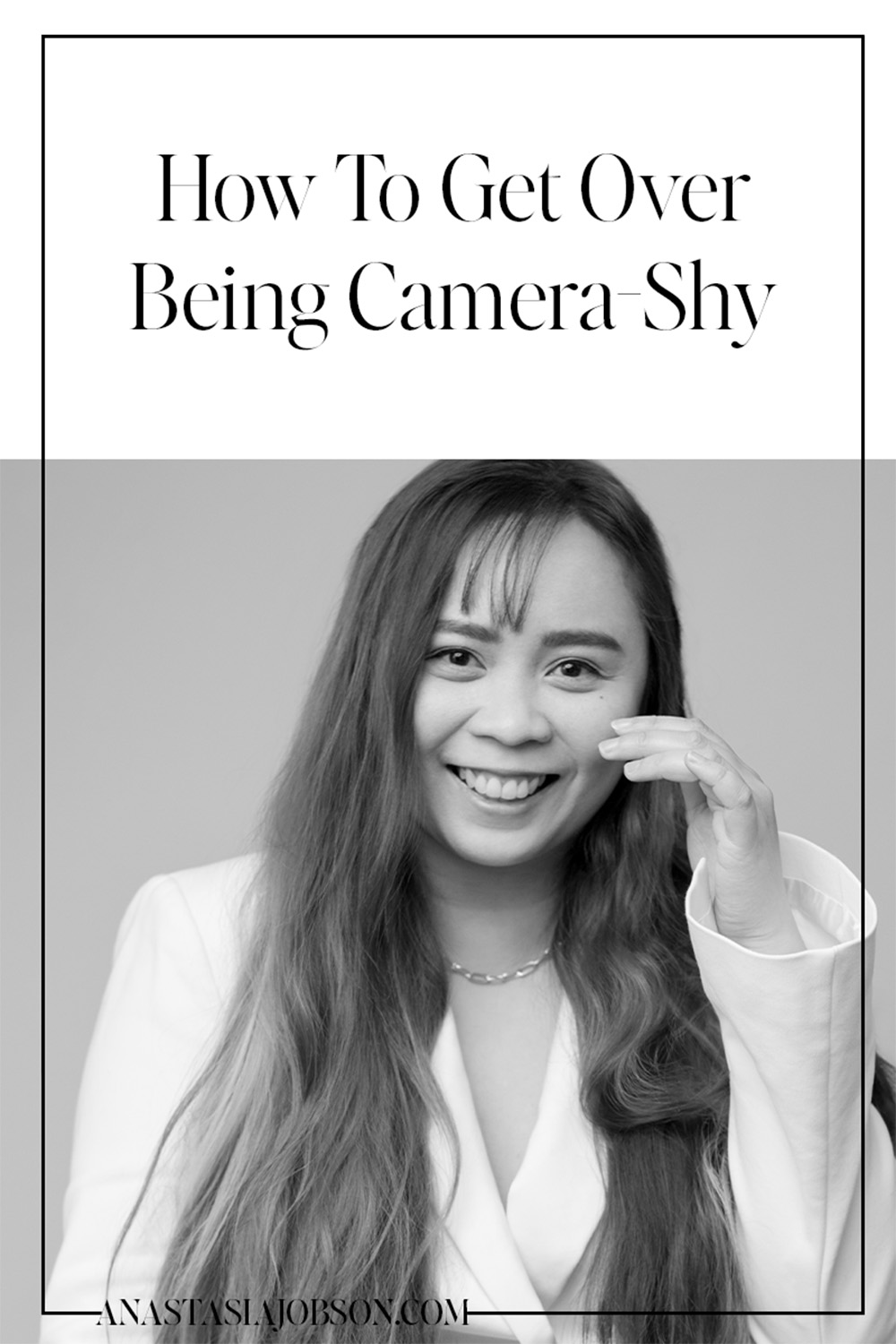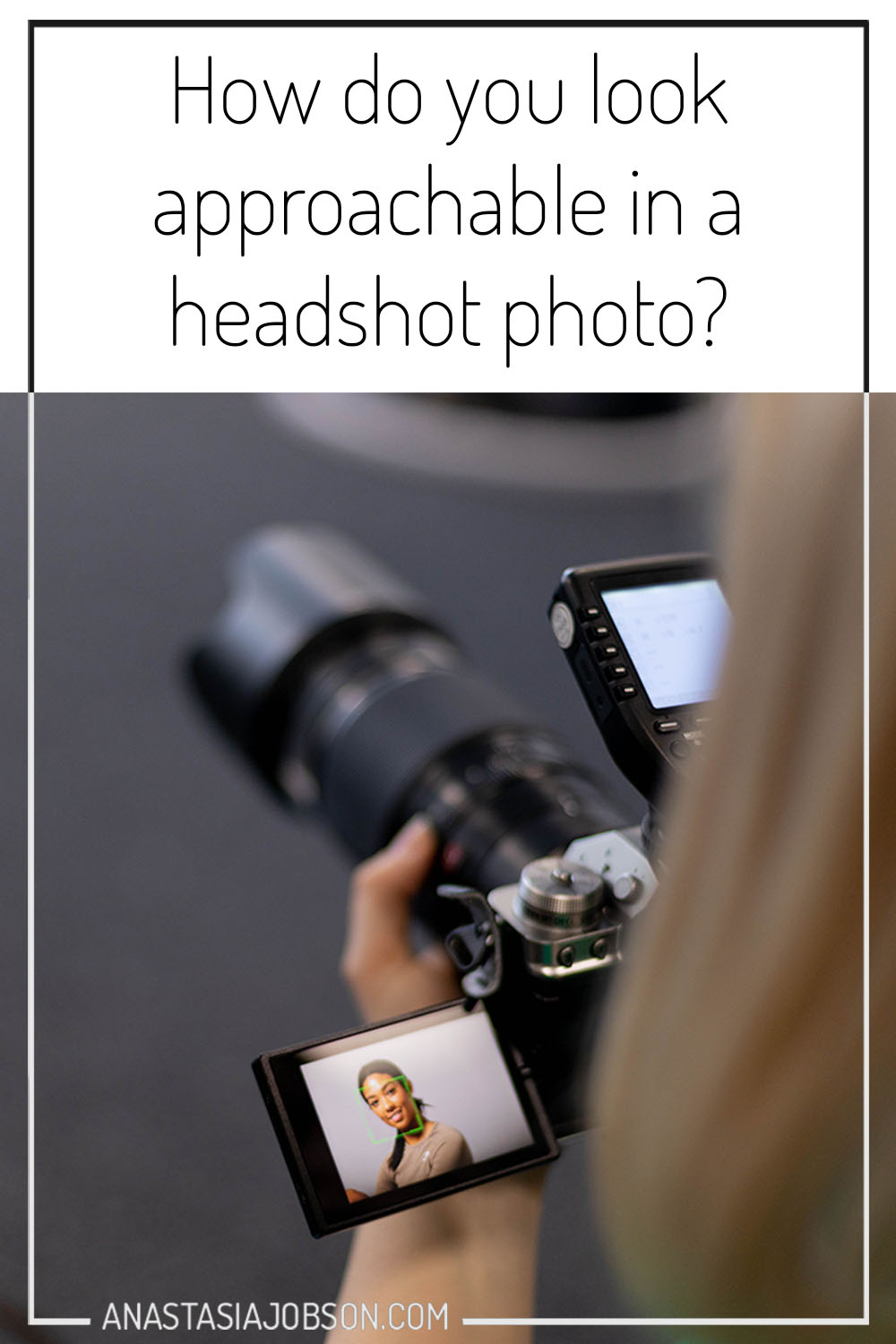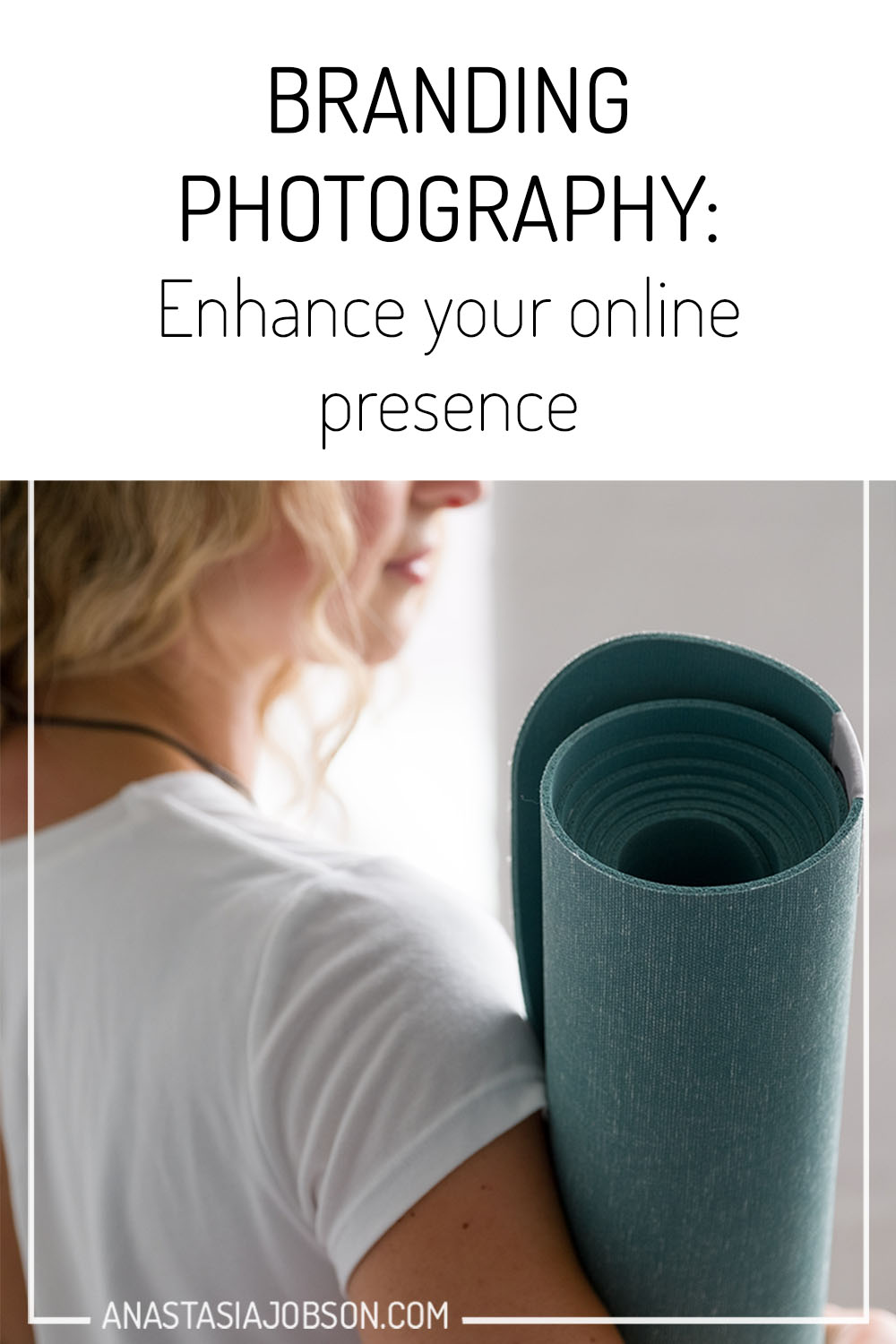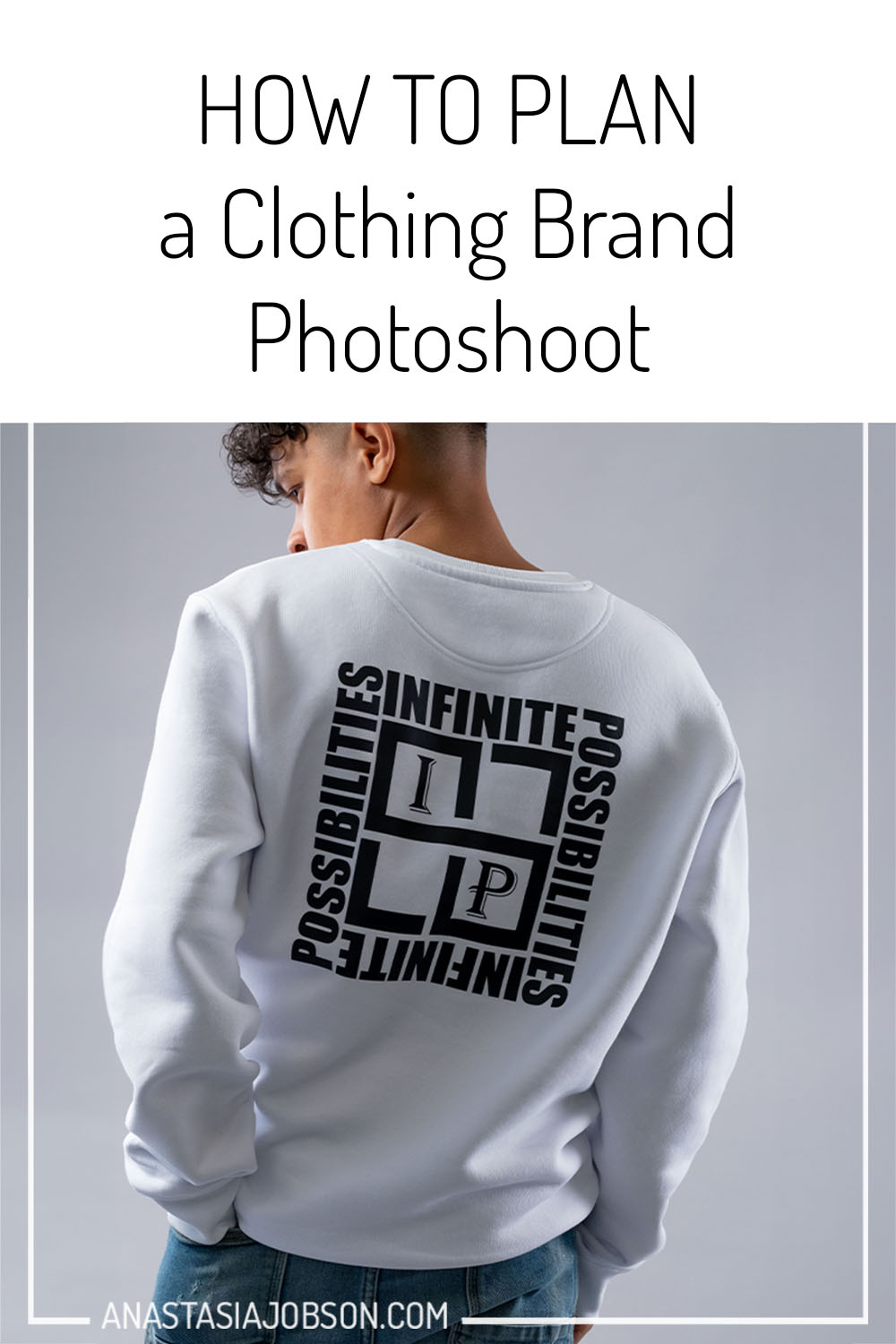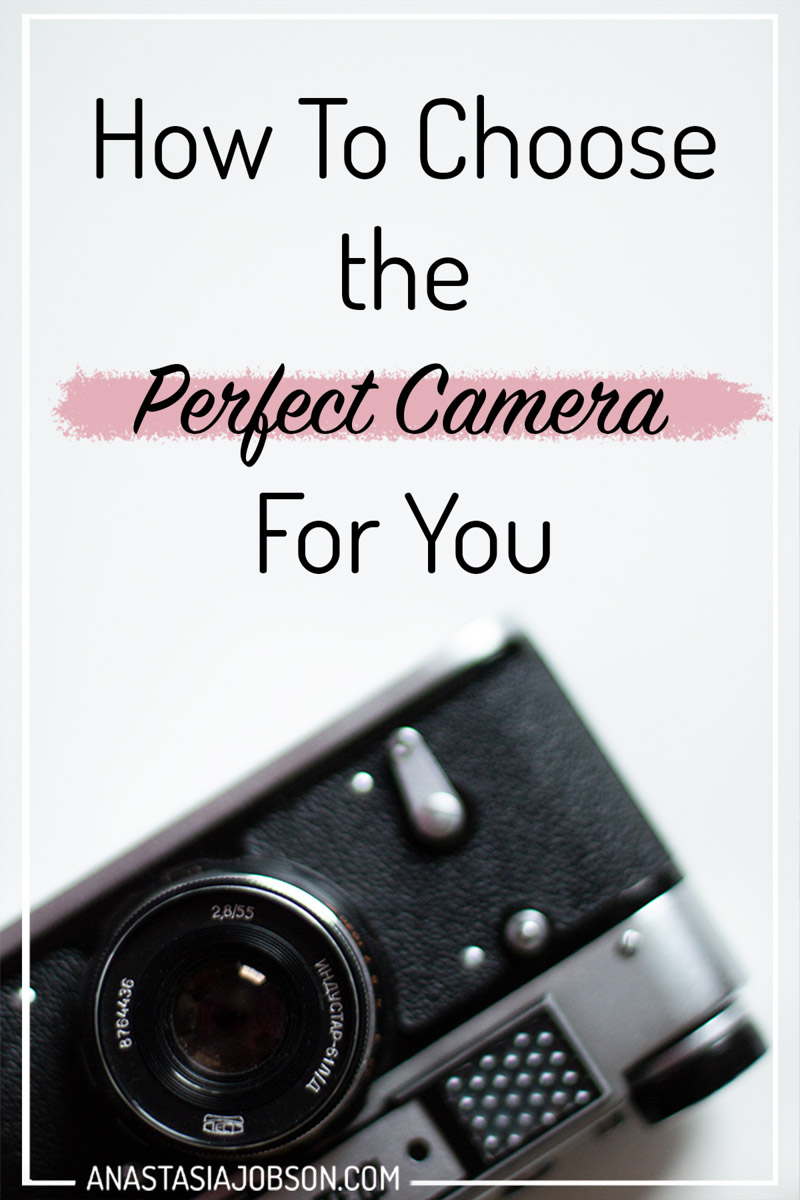
What camera should I buy?
There’s such an abundance of camera bodies to choose from these days! It’s easy to get dizzy and jump on a bandwagon of buying exactly the same kit as your friend/relative has, a photographer you admire uses, etc. Whilst a particular camera might be great for one shooter, it can be a completely opposite to what another shooter needs… I’m not here to tell you why you should buy one camera over another, and which camera brand is better than the next; all I want is to help you make the right choice for YOU. By answering a few simple questions you will get an idea of what features are important for your photography needs and how to choose what camera you should buy.
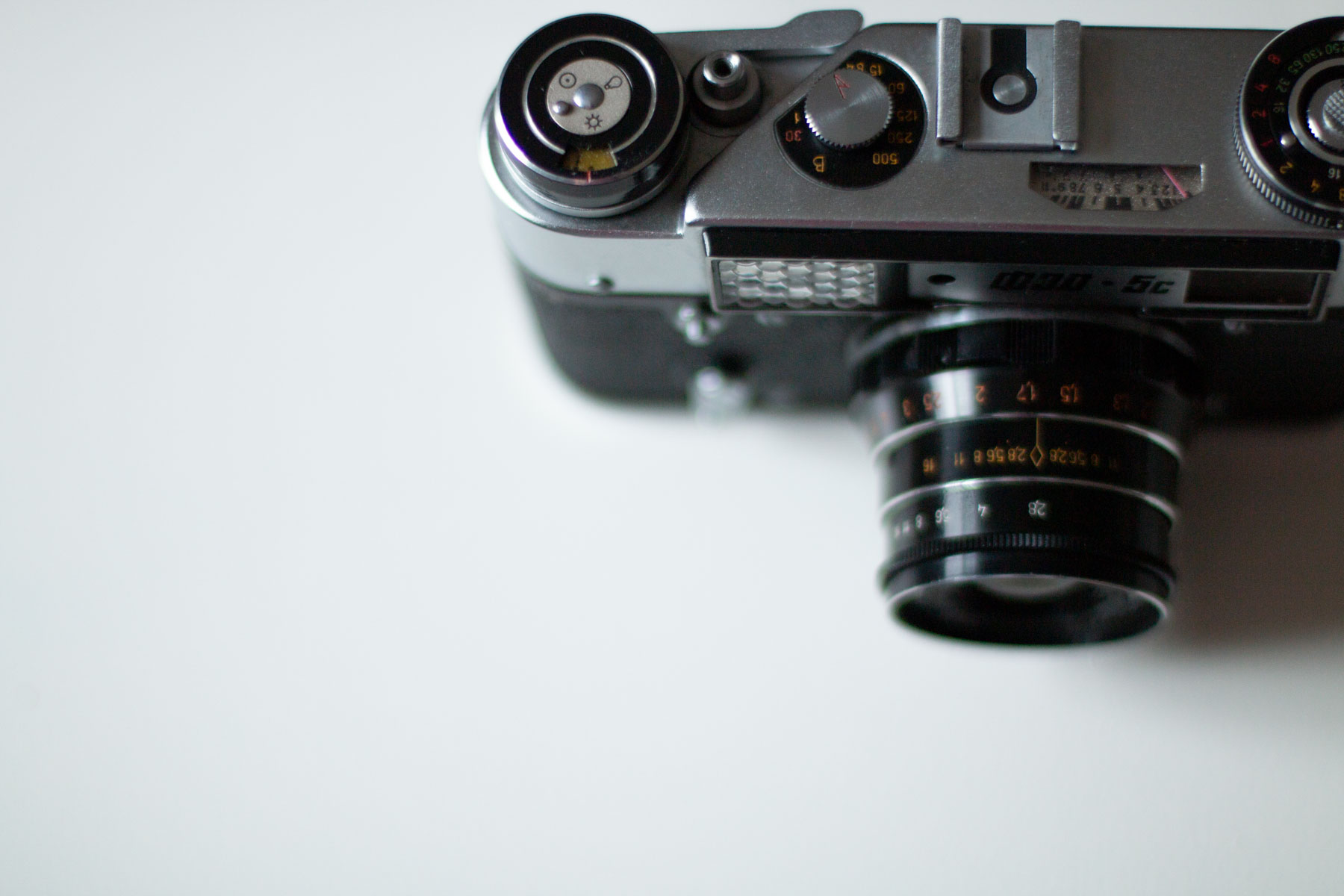
What camera should I buy? Questions to ask yourself:
What’s your budget?
When budgeting for new photography gear, don’t forget that you will also need:
- Lenses (If you’re switching brands, or upgrading from a crop sensor to a full frame camera, you might need a completely new set of lenses.);
- Memory cards (The latest cameras are more demanding than their predecessors – even if you have some old memory cards in your camera bag from a few years ago, invest in at least one good quality fast card.);
- Compatible Flashes (Alternatively, there are third party flashes that work with the majority of camera brands.);
- Extra battery (It’s a small extra purchase which you might think is unnecessary, though we all tend to think like this until the moment “I wish I charged my battery,” or “I wish I had an extra battery!” Been there, done that.)
In case it’s your first time buying a camera, you will also need a camera bag to protect your new toy from damage. A tripod will be also a great addition to a beginner photography kit.
What will you be shooting?
Are you a passionate traveller planning to take your camera with you to every adventure? Think about it’s size – a smaller-size camera body will be able to fit in more bags and won’t add much of weight to your already heavy travel bag. Are you into street photography? Again, size will matter, as you don’t want to attract unnecessary attention to your expensive gear and the fact that you’re taking images of someone who might not want to be photographed. Do you love capturing action such as sports and dance photography? Then research best auto-focusing systems. Are you planning to film videos as well? In this case study video specs – frame rate, bitrate, log modes, etc. There’s a great article on Digital Camera World explaining common video specs.
All these will affect the price of a camera body, so you want to make sure you’re spending your money wisely, getting the camera that’s perfect for YOUR needs.
Which camera sensor size (full frame or crop sensor)?
Full frame cameras are called so because their sensor size is equivalent to traditional 35mm film frame. Crop sensors (APS-C) vary in size, but usually are about 2/3 of the full frame sensor size.
Full frame camera are often considered as providing better image quality in low light. Because of the larger size, more light is hitting camera sensor allowing for lower ISO than an APS-C camera in similar lighting conditions. Also, a larger sensor has larger pixels which creates less digital noise when you bump up the ISO.
Both full frame and APS-C cameras have their pros and cons. For instance, whilst APS-C cameras are NOT as great in low light situations, they have cheaper lenses to choose from, which will also give you an extra focal length due to a crop sensor. A full frame camera will give you true focal length when interchanging your lenses, though full frame cameras lenses are a lot more expensive than crop-sensor cameras. Here’s a great article comparing full frame DSLR’s to APS-C cameras.
Which brand?
If all your photographer friends have Canon cameras, it doesn’t necessarily mean that you need a Canon camera too. Although it can be handy sharing lenses and trying new accessories without breaking the bank. Do your own research – study cameras’ features and compare different brands for specs that are important for YOU and YOUR photography needs.
Bear in mind, a couple years down the line after using one camera brand when you decide to switch, it might also mean buying all new lenses, speed lights and so on. Choose wisely.
If you have an option to hire the camera you are thinking of buying, by all means do it! Rental hire is a small price to pay, but it will give you a chance to double and triple check if you’re happy with your camera choice. Check out Buy or Hire? A Photographer’s Guide to Gear to find out about pro’s and con’s of hiring gear.
That is all for this week’s blog. I hope you found it useful! As always, if you have any questions or not sure what camera you should buy, let me know in the comment section below.
Sorry, the comment form is closed at this time.



